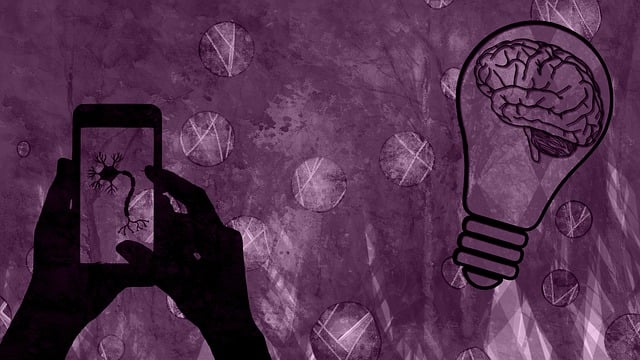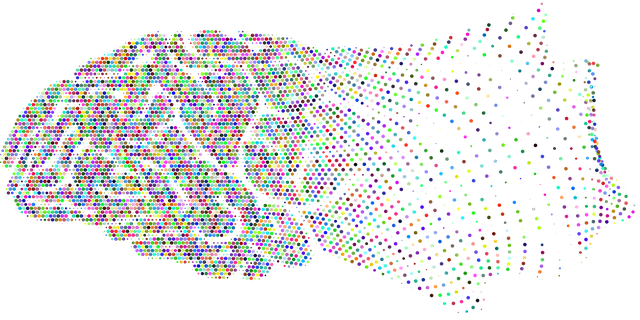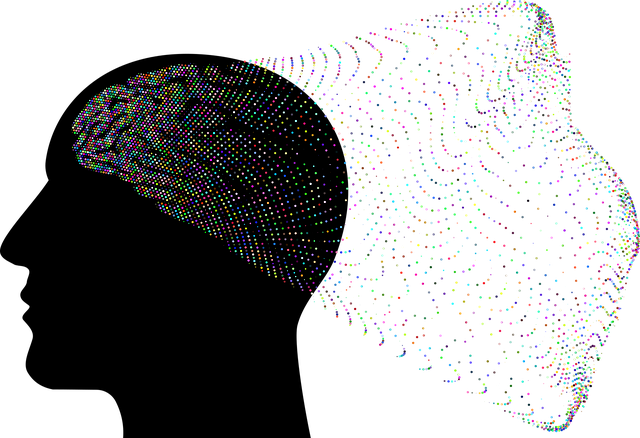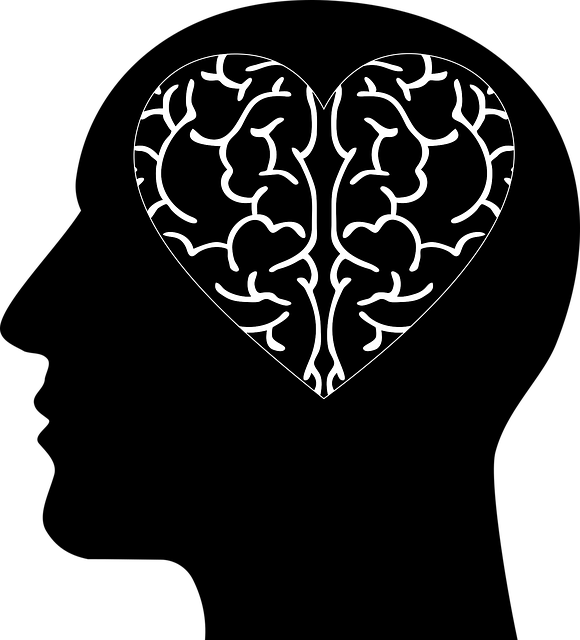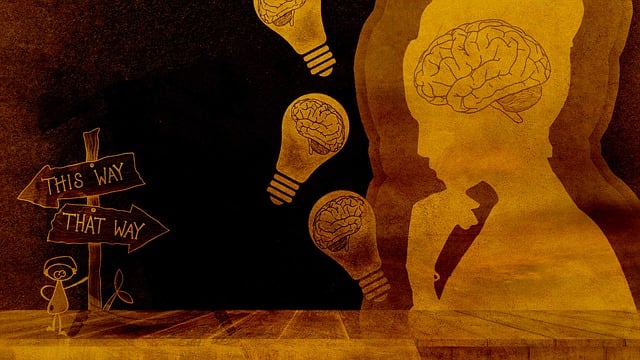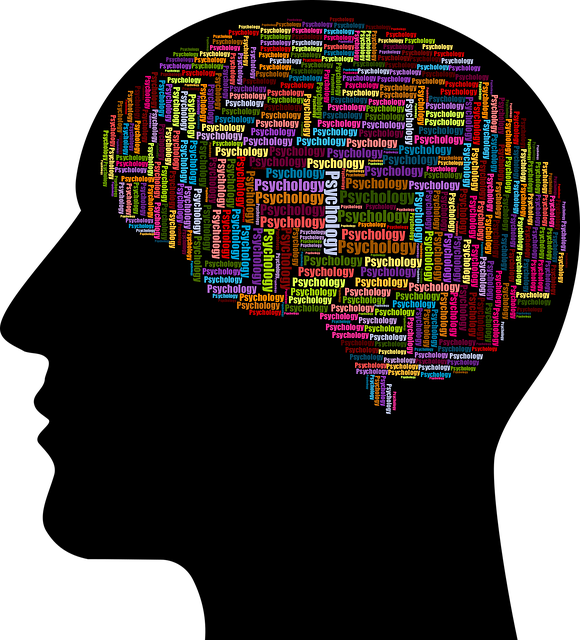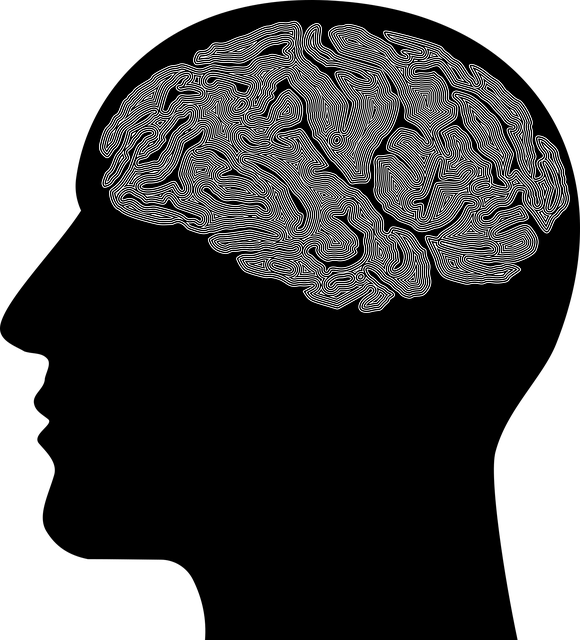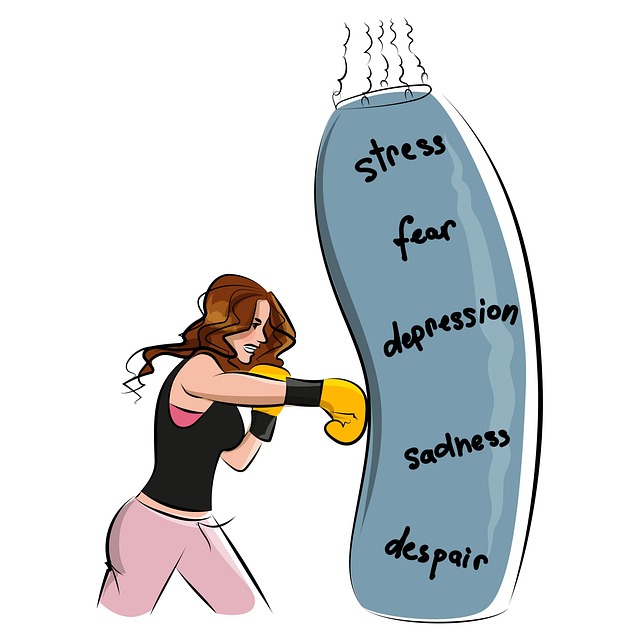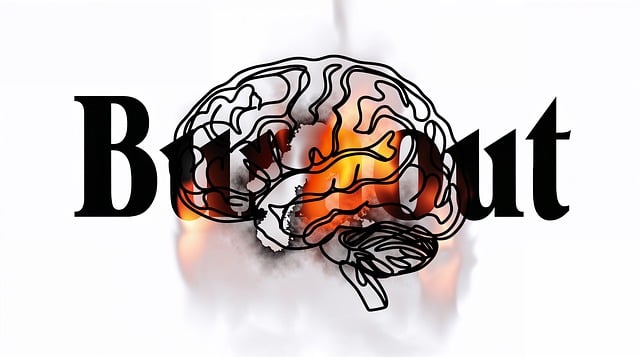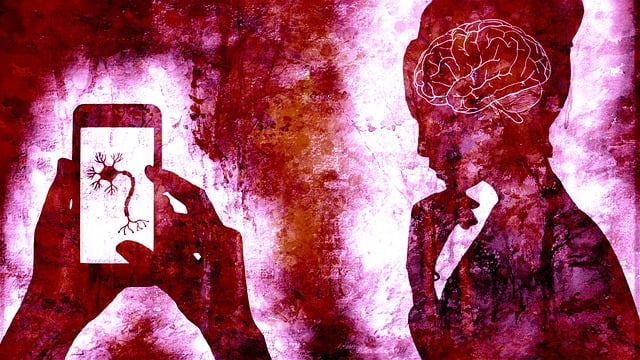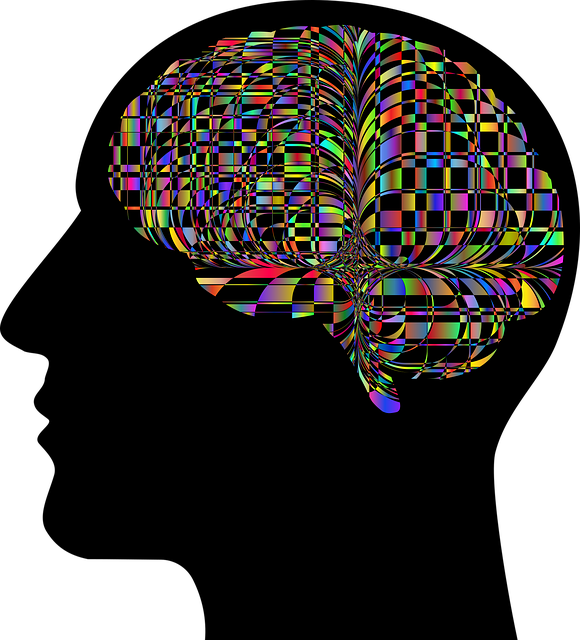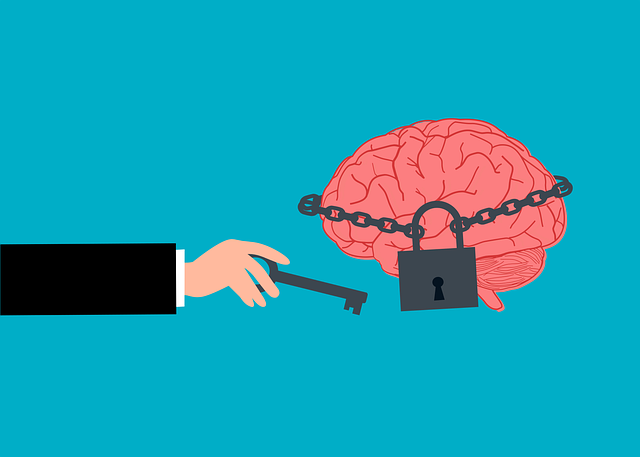In Arvada Men's Issues Therapy, cultural sensitivity is vital for effective mental healthcare. Therapists must recognize and respect clients' diverse cultural backgrounds, adapting methods to address unique mental health experiences shaped by life contexts. This approach builds trust, fosters open communication, and ensures fair treatment, leading to improved therapeutic outcomes. By addressing cultural biases and promoting inclusive practices, therapists create safe spaces where men can explore emotions, develop coping strategies, and engage in holistically beneficial treatments like mindfulness and positive thinking techniques. Continuous learning and adaptability are key to providing compassionate care for all individuals seeking emotional healing in diverse communities.
Cultural sensitivity is a cornerstone in providing effective mental healthcare, especially in diverse communities. This article explores the critical importance of cultural awareness in therapy, highlighting specific considerations for men’s mental health treatment in Arvada. We navigate cultural differences, discuss biases, and present strategies to build culturally responsive practices. By promoting inclusive care, therapists can better address unique challenges faced by male clients, ensuring sensitive and tailored therapies. Discover how Arvada mens issues therapy can revolutionize mental healthcare with these essential insights.
- Understanding Cultural Sensitivity: Why It Matters in Mental Healthcare
- Navigating Cultural Differences in Therapy Sessions
- The Impact of Cultural Biases on Men's Mental Health Treatment
- Strategies for Arvada Mens Issues Therapy: Building Culturally Responsive Practices
- Promoting Inclusive Mental Healthcare: A Call to Action for Therapists
Understanding Cultural Sensitivity: Why It Matters in Mental Healthcare

In the realm of mental healthcare, cultural sensitivity is a game-changer, especially when addressing Arvada men’s issues therapy. Understanding and appreciating diverse cultural perspectives are vital to ensuring effective treatment and building trust between therapists and clients. In today’s diverse society, it’s essential to recognize that individuals from different ethnic, racial, and cultural backgrounds may have unique mental health experiences and challenges shaped by their life contexts.
Cultural sensitivity involves recognizing these differences and tailoring therapeutic approaches accordingly. For instance, what constitutes stress management for one person might vary greatly across cultures. Some communities may emphasize the importance of community support and collective problem-solving, while others focus on individual resilience and positive thinking. By embracing cultural awareness, mental health professionals can create a safe space that respects clients’ beliefs, values, and traditions, fostering open communication and enhancing overall mental wellness.
Navigating Cultural Differences in Therapy Sessions

In therapy sessions, navigating cultural differences is an essential aspect of providing effective mental healthcare, especially in diverse communities like Arvada with its unique mix of populations. Therapists must be sensitive to the fact that every client brings their own cultural lens, influenced by their background, experiences, and beliefs. This cultural sensitivity involves understanding and respecting diverse perspectives on health, wellness, and the expression of emotional distress. For instance, some cultures may view mental illness through a spiritual or traditional lens, requiring therapists to incorporate these viewpoints into treatment plans.
When working with clients from different backgrounds, therapists can employ various strategies. These include learning about their culture, seeking clarification on beliefs and practices, and adapting communication styles accordingly. Encouraging open dialogue about cultural differences helps build trust and ensures the client feels heard and understood. Moreover, therapists should be aware of implicit biases and unconscious stereotypes that may impact their interactions with clients from diverse communities, ensuring fair and equitable treatment for everyone, regardless of cultural background. This approach not only enhances therapeutic outcomes but also contributes to initiatives like public awareness campaigns development and mental health policy analysis and advocacy, ultimately promoting more inclusive healthcare services in Arvada men’s issues therapy.
The Impact of Cultural Biases on Men's Mental Health Treatment

Cultural biases within mental healthcare can significantly impact the treatment received by men, often exacerbating existing challenges related to men’s mental health. In many societies, traditional gender roles and stereotypes perceive men as being less emotionally expressive and more stoic, which can discourage them from seeking help or receiving adequate support when facing psychological issues. This cultural bias may lead to misdiagnoses or a lack of understanding of unique mental health concerns specific to men. For instance, symptoms of depression or anxiety in men might be attributed solely to stress or anger, overlooking more nuanced emotional experiences.
The consequences of such biases are far-reaching, as men may delay or avoid therapy altogether, resulting in unaddressed psychological issues. This is particularly relevant in Arvada’s mens issues therapy context, where cultural sensitivity is crucial. By recognizing and challenging these biases, mental health professionals can create safer spaces for men to explore their emotions, develop effective coping strategies, and engage in stress reduction methods like mindfulness or meditation. Encouraging the adoption of a self-care routine development for better mental health can also help address underlying emotional regulation difficulties that may have been previously overlooked due to cultural influences.
Strategies for Arvada Mens Issues Therapy: Building Culturally Responsive Practices

In the realm of Arvada Men’s Issues Therapy, building culturally responsive practices is a game-changer that significantly enhances therapeutic outcomes. To start, therapists must cultivate cultural sensitivity through continuous learning and self-awareness exercises, ensuring they understand their clients’ backgrounds, beliefs, and experiences without judgment. This involves exploring one’s own biases and how they might influence interactions, as well as engaging in regular training on diverse cultural perspectives.
Integrating mind over matter principles can further empower both therapists and clients. Encouraging clients to reframe negative thoughts and beliefs, focus on positive affirmations, and cultivate gratitude can help them gain a deeper sense of self-control and resilience. These practices, combined with culturally sensitive approaches, create a safe, supportive environment where Arvada Men’s Issues Therapy can effectively address the unique challenges faced by its diverse clientele, ultimately promoting holistic healing.
Promoting Inclusive Mental Healthcare: A Call to Action for Therapists

In today’s diverse society, promoting inclusive mental healthcare is more crucial than ever. Therapists in Arvada Men’s Issues Therapy play a vital role in ensuring that all individuals, regardless of their cultural background or identity, receive compassionate and effective emotional healing processes. This involves understanding and respecting the unique perspectives and experiences that shape one’s mental health journey. By fostering an environment free from stigma and judgment, therapists can create safe spaces where clients feel empowered to explore and address their challenges openly.
Cultural sensitivity requires continuous learning and adaptability. Therapists must stay informed about the specific Mental Illness Stigma Reduction Efforts within various communities, recognizing how societal norms and beliefs influence anxiety relief and overall well-being. Embracing this sensitivity not only enhances therapeutic outcomes but also contributes to building stronger, more inclusive systems that support the emotional health of all individuals seeking help, especially those from diverse cultural backgrounds.
Cultural sensitivity is a cornerstone of effective mental healthcare, especially in Arvada men’s issues therapy. By understanding and navigating cultural differences, therapists can create inclusive environments that address unique challenges faced by diverse populations. Recognizing the impact of cultural biases is crucial for providing equitable care, ensuring every client receives support tailored to their specific background. This article has explored strategies to build culturally responsive practices, emphasizing the importance of sensitivity in improving mental health outcomes for all individuals seeking therapy, particularly those in Arvada men’s issues therapy settings.
